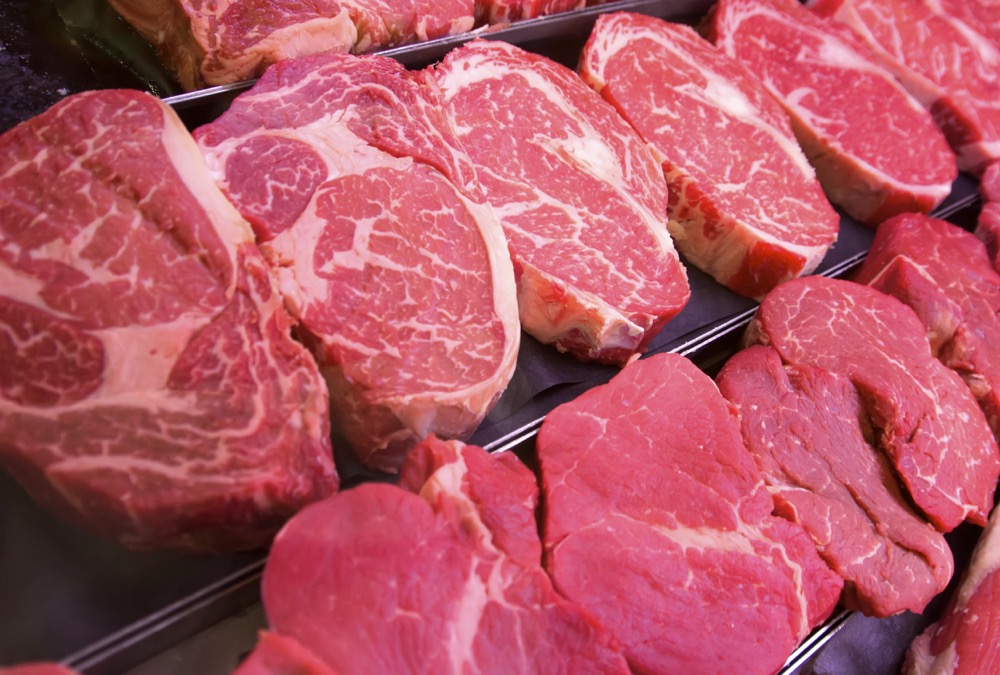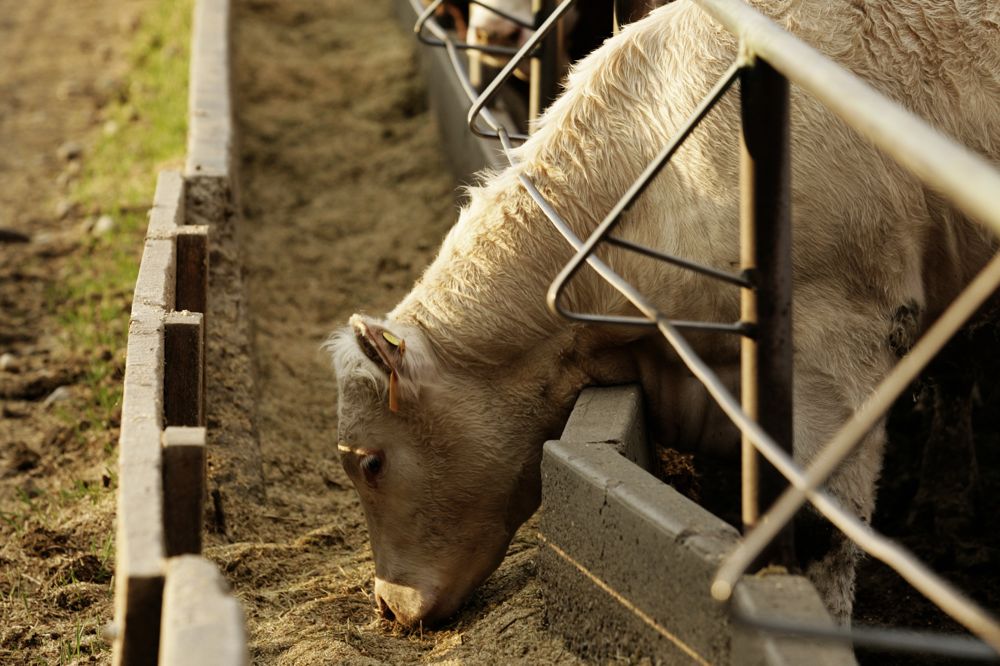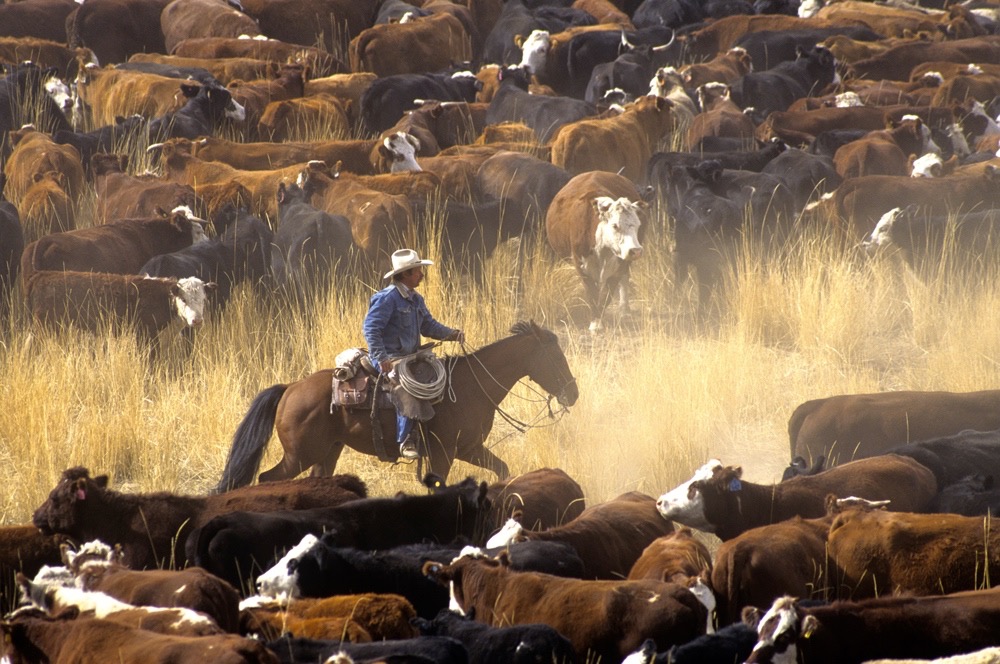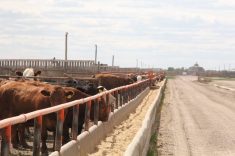Just as certain fringe ag groups keep trying to get the government to take over fed cattle marketing, they keep trying to keep out imported beef as if that will solve all U.S. cattle industry problems.
Even though their subterfuge of using labelling laws to remove competition from imported beef may sound good to the uninformed in Washington, in actual practice it would create major problems for cattlemen and consumers.
Read Also
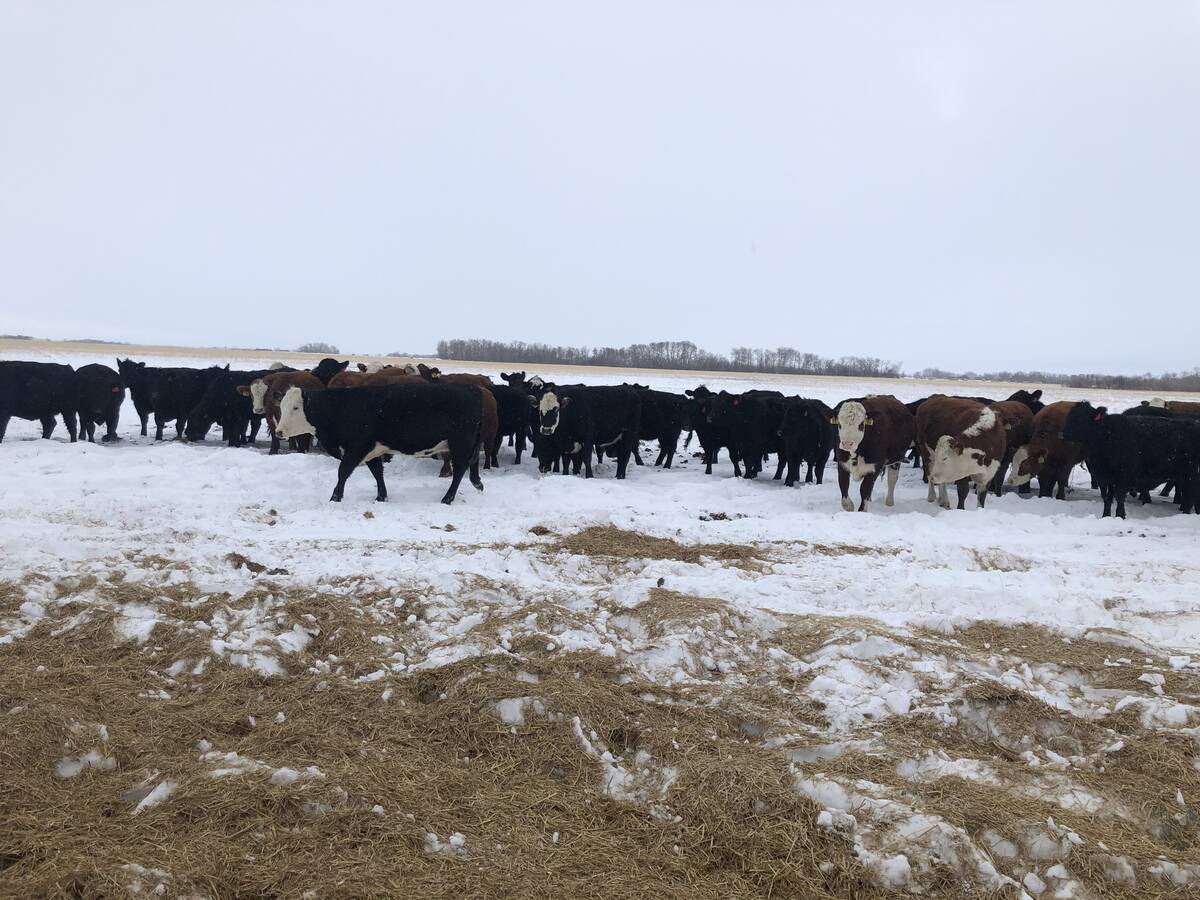
Picking the most efficient cows to rebuild your cow herd
A new cow ranking system to help beef farmers and ranchers pick the most efficient cows as they rebuild their herds.
I live in Colorado Springs and a large percentage of the new restaurants that have opened in recent years here have been outfits serving some kind of hamburgers — fast-food burgers, fancy burgers, so-called grass-fed burgers, you name it.
The raw materials for ground beef — various trimmings at various fat ratios — have been at strong prices for a long time. As inflation hits gasoline and food budgets, hamburger restaurants are going to get more business than ever. What would we have done during the lockdowns without hamburger drive-throughs?
Because cow numbers are much lower than when fast-food hamburger chains came on the scene in the ‘70s, we import a significant chunk of our lean beef needs in 100-lb. frozen chunks from USDA-inspected or inspection-equivalent processors in New Zealand and Australia. We also import cull cows and lean beef from Canada. We simply cannot produce enough lean beef in the U.S. to satisfy the huge demand for ground beef from customers looking for flavour in a relatively inexpensive, satisfying form.
But the far-left ag fringe keeps exhorting Congress to “do something” about foreign beef coming into the country not labelled. They continue to scream about transparency, knowing full well that the beef is safe, we need the beef and that their real intent is keeping out competition so that their cull cows will bring more money.
They totally ignore the fact that without imported lean beef to mix with the 50/50 trim from our Choice carcasses, that trim would end up as dog food or less, instead of the $200-and-up prices it brings now. These folks with blurred and foggy vision can’t see far enough to realize what that would do to fed cattle prices and how it would trickle down to them in lower calf prices.
Of course, ground beef is the budget item with flavour and extreme versatility that make it a staple in many households as an ingredient for dozens of dishes beyond hamburgers on the grill.
Meanhwhile, consumer activists eat up the transparency angle and feed on the “foreign” angle to drum up fears about food safety. They are not concerned about the costs to consumers if a large, dependable and safe source of lean manufacturing beef is eliminated. They’re more interested in a cause to ride and for many, harassing the beef industry or increasing its cost to make it less competitive with other proteins is a valuable side benefit. It also fits in with their false narrative about the cattle industry and climate change.
As politically aware as Canadians are, you all know that the far left “progressives” are in charge of the Biden administration. They are so far left that average liberal Democrats are losing confidence in the administration on a long list of issues, as their own polling shows.
But so far, that concern has not stopped the folks in charge from continuing to propose stupid ideas to advance their agenda.
In this climate, it’s not too shocking that, despite mCOOL’s failed experiment with consumers and being ruled illegal by the WTO, a couple of U.S. congressmen have introduced a bill to “reinstate” mCOOL. The bill directs the U.S. Trade Representative and USDA’s Ag Secretary Tom Vilsack to get their lawyers to find some way to re-impose mCOOL labelling.
President Obama had some of the vast pool of lawyers in agencies in Washington working on that chore before, apparently without success. After all, they have lawyers at the WTO, too.
So what kind of chance does this legislation have?
Frankly, I’m more worried about USDA’s pledge to review labelling issues earlier this year, as part of Biden’s plan to “fix” beef prices. In his convoluted, illogical thinking processes, he probably thinks he can get prices up for cattlemen and reduce them for consumers all at the same time.
After all, he is exhorting producers to increase gas and oil production at the same time he is regulating new drilling and transport so fiercely no one wants to drill on federal land if they could get permission yet in this lifetime. He cancelled the Keystone pipeline and has threatened another and admits no complicity in higher gasoline prices. He would rather buy oil from Venezuela and Iran than let it flow from the Canadian north.
And the far left that has failed to get several pet projects through Congress has been begging Biden to use executive orders as end-runs around Congress.
On the other hand, insiders in Washington have told me that Vilsack has been burned in this neighbourhood before. After all, the embarrassment of the previous mCOOL law precipitating all kinds of ill will from our North American neighbours, using up all kinds of lawyer time and political capital defending it and losing the battle spectacularly was not a feather in anyone’s cap at USDA. To be fair, it wasn’t exactly USDA’s idea; they were writing regulations for a dumb Congressional idea hatched on the ag industry fringe. But in the end, Congress was forced to repeal the law because international trade rules were about to bring down billions of dollars in retaliation costs on the U.S.
Then there are the other facts of the matter. Consumers hardly noticed the supposedly crucial labels, the entire beef production chain saw substantial increased costs, border packers were damaged and major packers worked around it. But the big packers refused to spend billions redesigning processing lines to accommodate a small but important segment of the harvest. While much of the attention goes to ground beef, the five to seven per cent of fed beef coming from Canada is essential to packers near the border that must have fed cattle from Canada to profitably operate their plants. Kill off those plants, and feeders and ranchers on both sides of the border lose somewhere to market their cattle.
It’s too early to tell if the bill will get many co-sponsors or much backing in Congress. The mainstream ag and cattle groups opposed mCOOL stringently the first time and are to be expected to oppose this one.
In the end, consumers could have cared less about the labels the last time. Packers and retailers had spent years building their reputations for quality and safety and consumers trusted them, their eyes and their taste buds and kept buying beef. Hopefully, it will stay that way.

